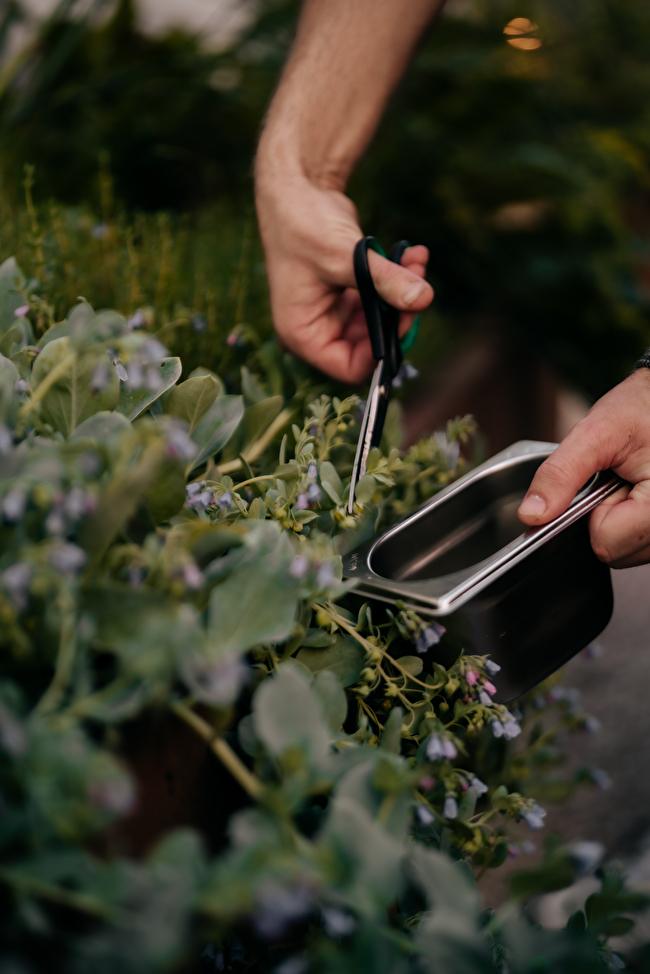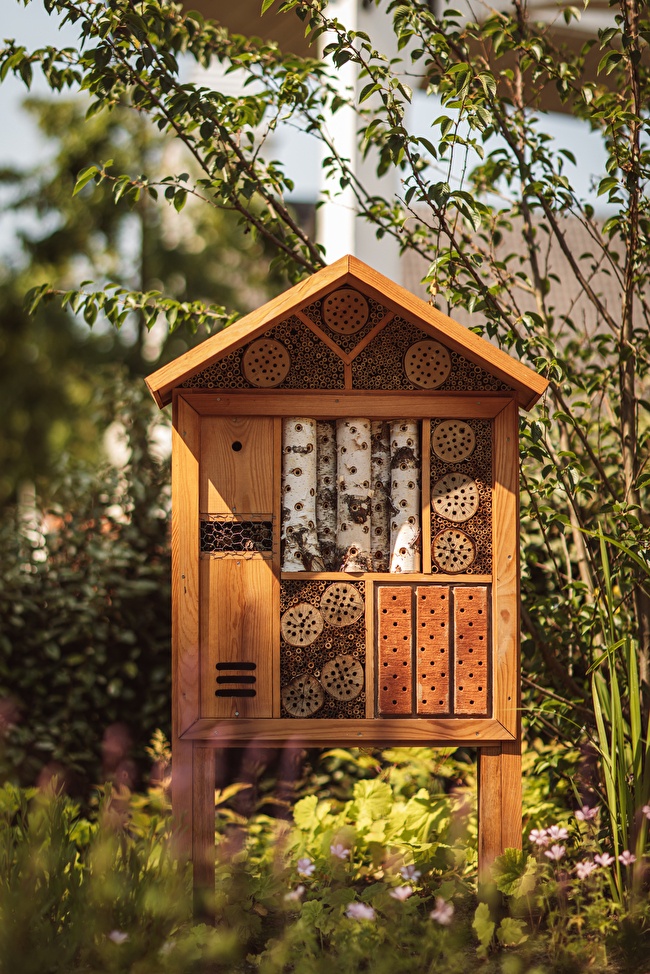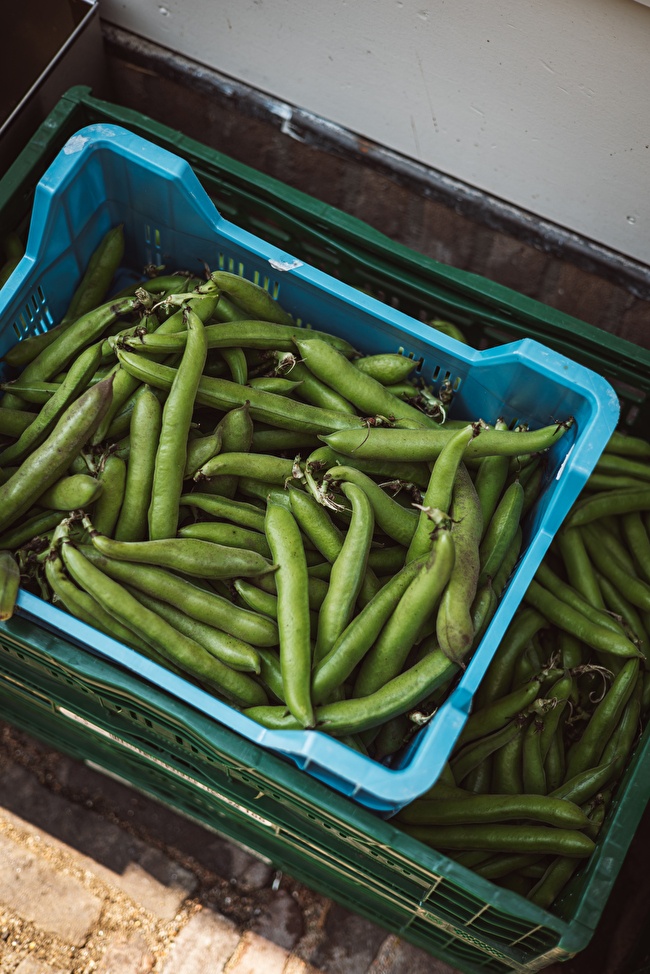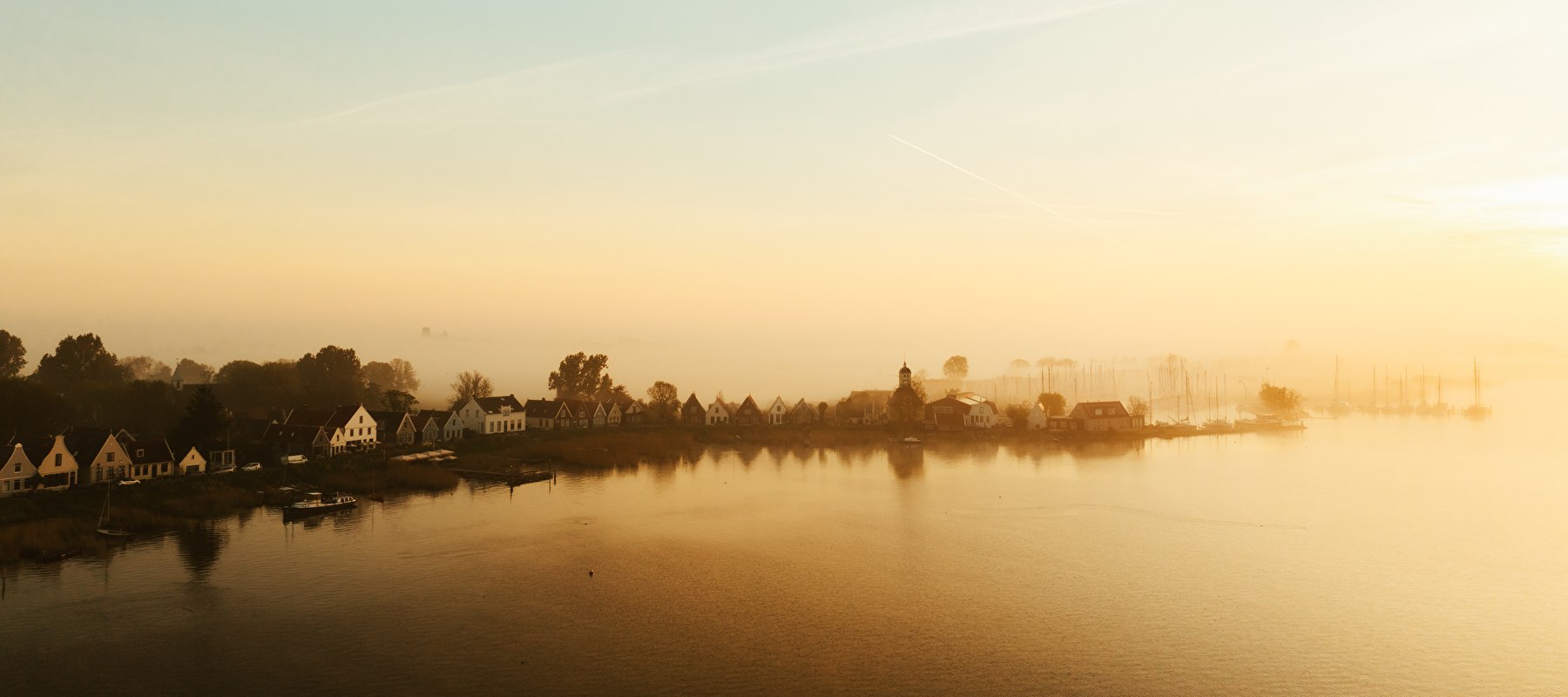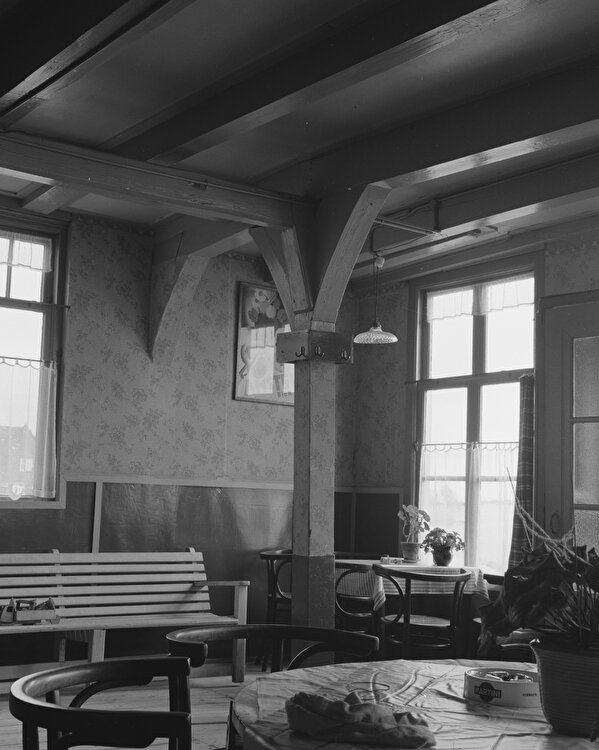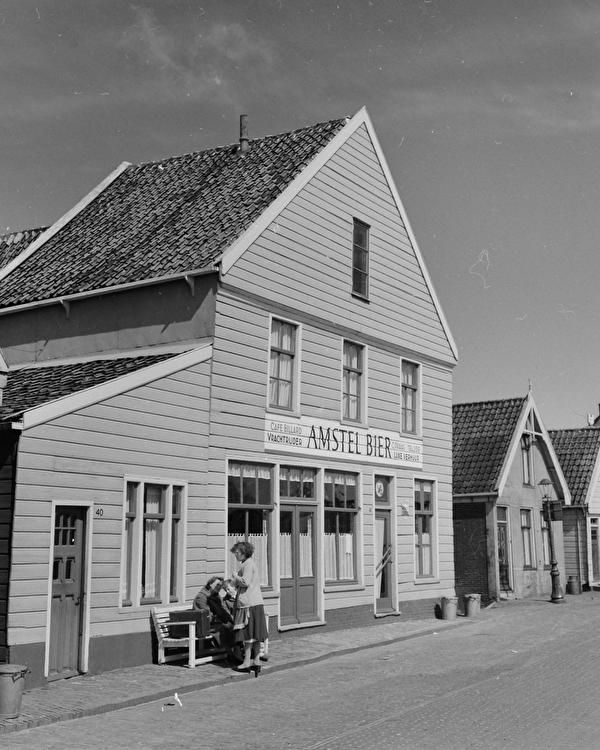At Aedes we believe that the past, present, and future should co-exist harmoniously. De Durgerdam is a great example. Once the lively hub of the fishing village, its light had begun to fade. We’ve revived it for a bright new future by taking bones from the past, creating an idyll for today, whilst safeguarding the building for over 250 years. Achieving this is a process and requires several actions in all different stages from development to operations. Some are related to the building, some related to our people and the experience we offer, but all equally important.
Sustainability at De Durgerdam
At De Durgerdam, sustainability starts with the building—but it doesn’t end there. We go above and beyond industry standards, taking a top-to-bottom approach to sustainable design, construction, and daily operations. Housed in a 250-year-old inn, the hotel has been carefully restored with a light touch: salvaged wood, reclaimed tiles, and bricks from the original structure form the foundation of a space that feels both rooted and renewed. Our commitment has been recognized with Green Globe certification, a testament to the care we put into every detail.
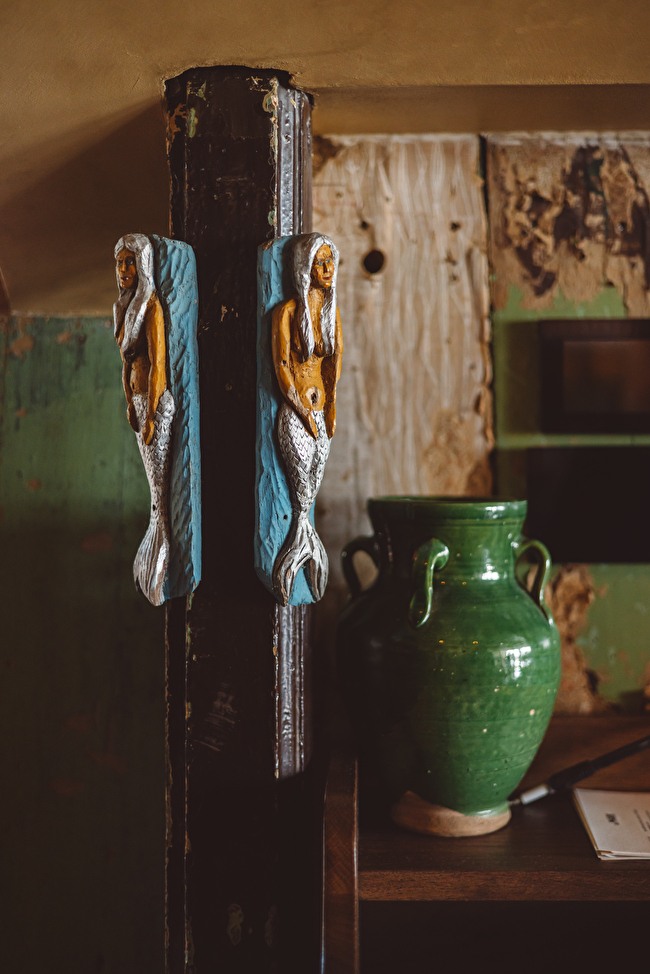
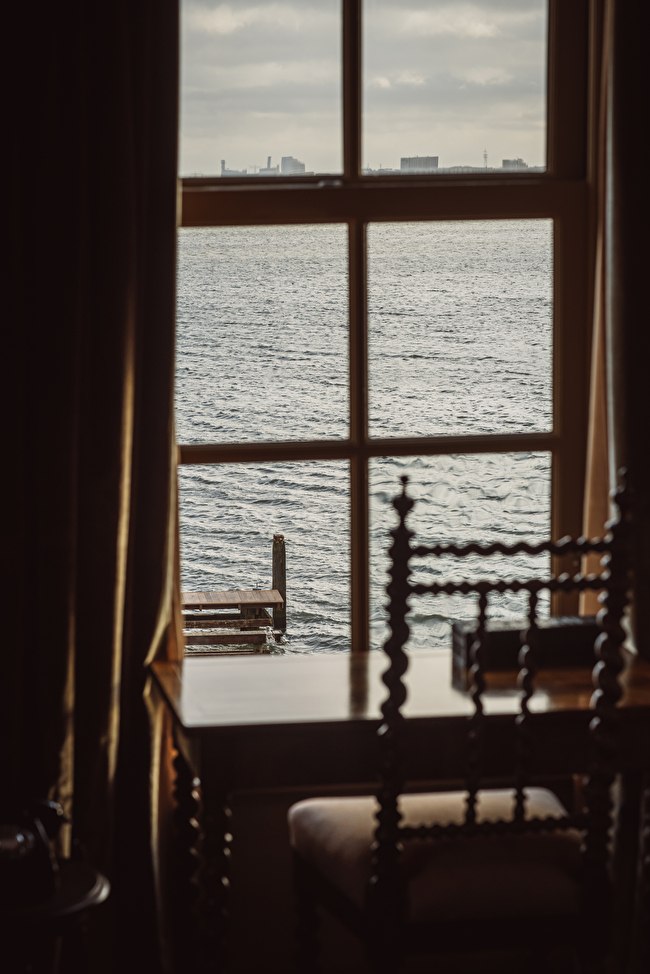
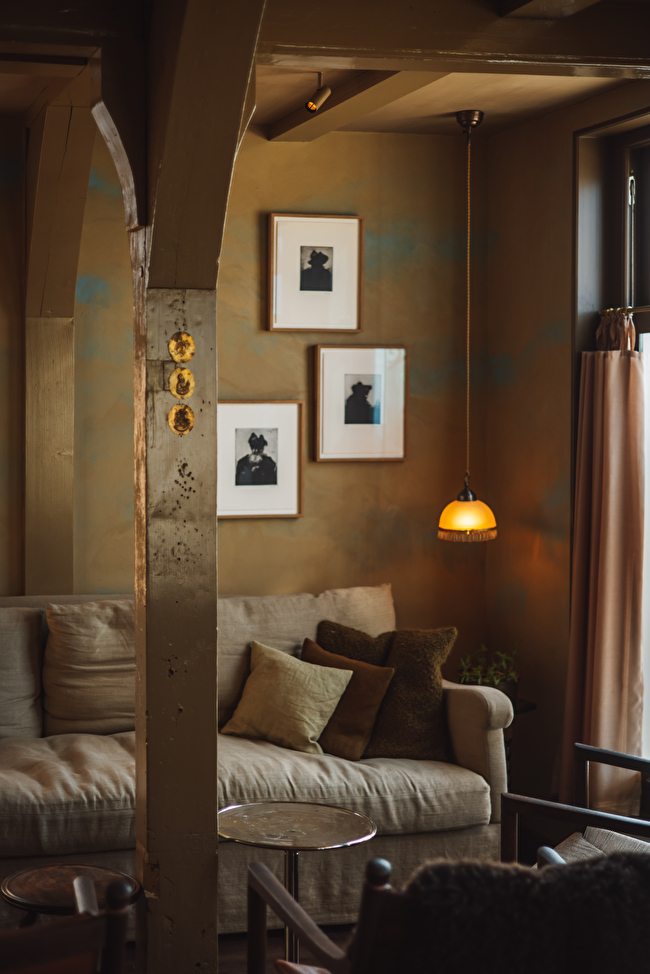
Sustainability at De Mark
We cook with what is fresh, seasonal, and nearby, from local farms, our gardens, and producers who share our respect for the land. Every ingredient is a conscious choice selected for its quality and origin. Wines and drinks follow the same thinking: from thoughtful European producers. We compost scraps, cut waste, and don’t just reduce impact, we rethink it. Sustainability runs through every part of De Mark, not just the plate. From materials to the smallest details, we choose thoughtfully—because the environment we eat in matters as much as the food itself.
De Mark is craft, curiosity, and care. No secret sauce, just honest food, relaxed hospitality, and respect.
